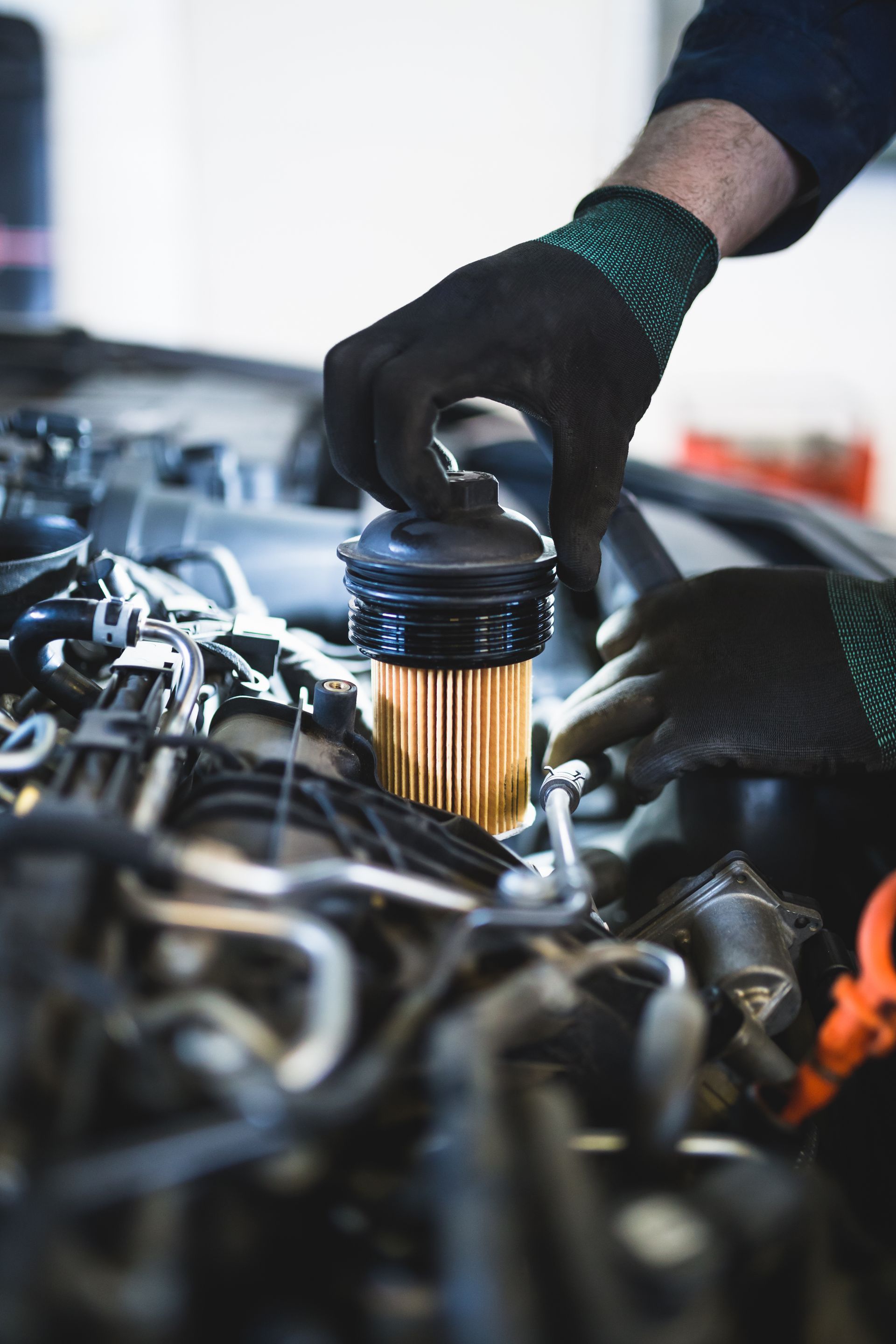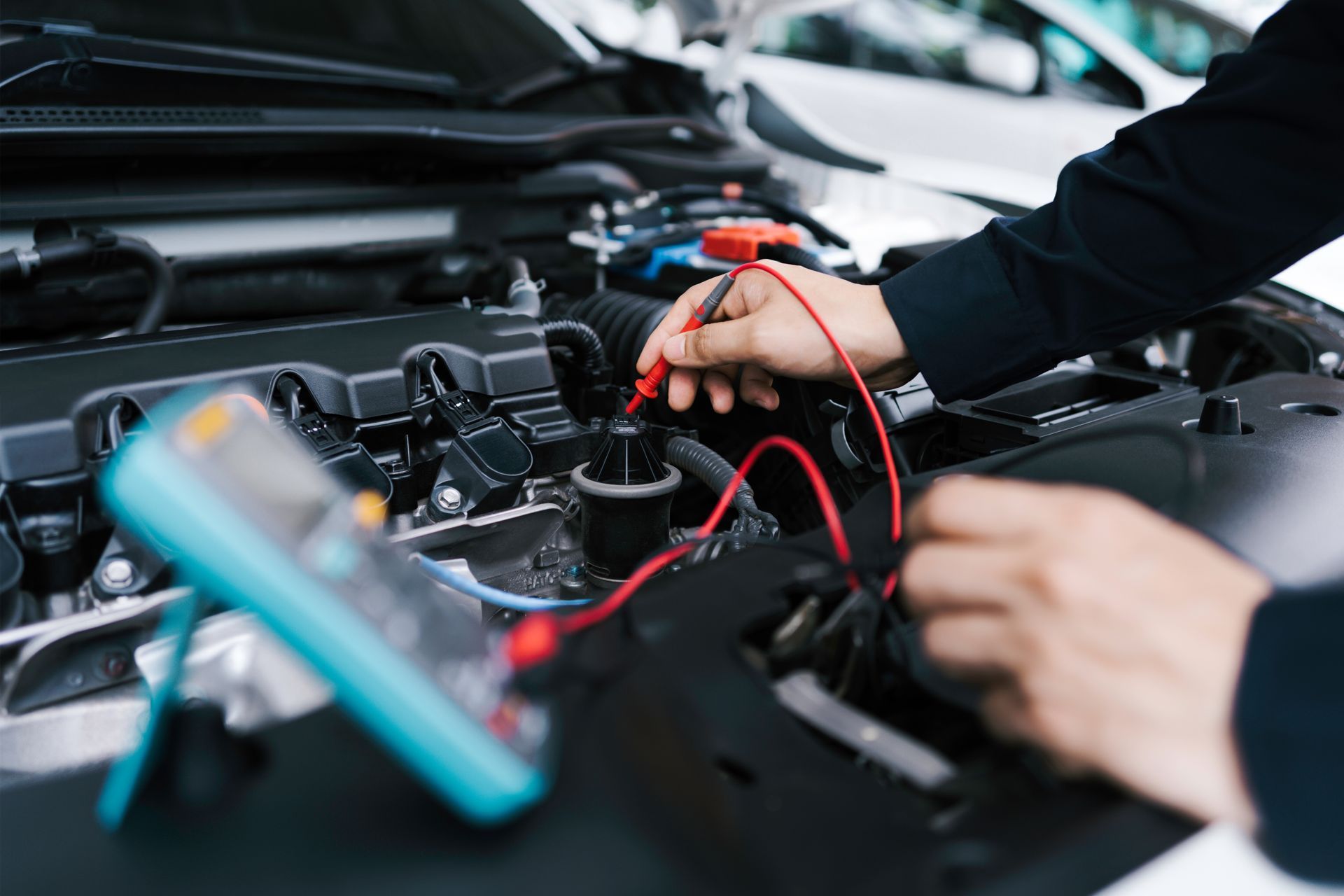The Impact of Tire Tread Depth on Safety in Madisonville, KY
The Impact of Tire Tread Depth on Safety: Why It Matters for Madisonville Drivers
When it comes to vehicle safety, many people think of brakes, airbags, or even seatbelts. But did you know that the depth of your tire tread plays a crucial role in keeping you safe on the road? At Automotive Express in Madisonville, KY, we’ve seen firsthand how tire tread can make a difference in everything from stopping distances to fuel efficiency. In this article, we’ll dive into why maintaining optimal tread depth is essential for both your safety and your vehicle’s performance.
What Is Tire Tread Depth?
Tire tread depth refers to the measurement of the rubber grooves on your tires, usually measured in 32nds of an inch. These grooves help your vehicle maintain traction, especially in wet or slippery conditions. New tires typically have a tread depth of around 10/32” to 12/32”, but as you drive, this depth naturally decreases over time. When your tread wears down, it compromises your car’s ability to grip the road, especially during sudden stops or emergency maneuvers.
How Tire Tread Affects Safety
1. Traction and Braking Distance
Tire tread provides the grip your vehicle needs to stay connected to the road. When the tread wears down, the friction between your tires and the road surface decreases. This means your car will take longer to come to a stop, especially in wet or icy conditions. Worn tread can increase your braking distance significantly, making it more likely for accidents to occur.
2. Hydroplaning Risk
When your tire tread is too low, you run a higher risk of hydroplaning. Hydroplaning happens when water builds up between the road and your tires, causing a loss of traction and control. Tread grooves channel water away from the tire's surface, allowing it to maintain contact with the road. Low tread reduces this ability, making hydroplaning a much bigger threat during rainy weather, which is common in Kentucky.
3. Tire Blowouts
Bald or worn tires are more susceptible to punctures and blowouts. When the tread depth is too low, the structural integrity of the tire weakens. This can lead to sudden blowouts, which are not only dangerous but also costly to repair. By keeping your tire tread at the recommended level, you can prevent these potentially life-threatening incidents.
4. Fuel Efficiency
Believe it or not, tire tread also impacts your vehicle’s fuel efficiency. Worn tires create more rolling resistance, forcing your engine to work harder to maintain speed. This results in increased fuel consumption and, ultimately, higher costs at the gas pump. Maintaining proper tread depth ensures that your vehicle runs smoothly and efficiently.
How to Measure Tire Tread Depth
There are several ways to measure tire tread depth, and it’s something we encourage all drivers in Madisonville to check regularly. One popular method is the “penny test.” Insert a penny into the tire's tread groove with Lincoln's head facing down. If you can see the top of Lincoln’s head, it’s time to replace your tires, as the tread depth is below 2/32", which is considered unsafe.
For a more accurate reading, you can use a tread depth gauge or bring your vehicle into Automotive Express. Our experts can measure your tread depth and recommend the best course of action.
The Legal and Recommended Tread Depth
While 2/32" is the legal minimum tread depth in most states, it’s not always the safest. At Automotive Express, we recommend replacing your tires when the tread reaches 4/32", especially if you frequently drive in wet or snowy conditions. The extra tread can make a significant difference in your vehicle’s ability to stop and steer safely.
When Should You Replace Your Tires?
Knowing when to replace your tires is crucial for maintaining your vehicle’s performance and your own safety. Here are a few signs that it might be time for new tires:
- Visible Wear Bars: Many tires have built-in wear bars that become visible when the tread is too low. If you can see these bars across your tire, it’s time for a replacement.
- Uneven Tread Wear: If the tread is wearing unevenly, it could indicate an alignment or suspension issue. Bring your car into Automotive Express for a full inspection.
- Tread Depth Below 4/32": As mentioned earlier, 4/32" is the recommended tread depth for optimal safety.
How Automotive Express Can Help
At Automotive Express in Madisonville, KY, we take tire safety seriously. We offer a comprehensive range of tire services, from tread depth measurements to tire replacements, ensuring you have the safest, most reliable tires on your vehicle. Whether you need new tires, a rotation, or just an inspection, our experienced team is here to help.
Tire tread depth might seem like a small detail, but it plays a massive role in your vehicle’s overall safety and performance. From reducing your risk of hydroplaning to improving fuel efficiency, maintaining proper tread depth can make all the difference.
At Automotive Express in Madisonville, KY, we’re dedicated to keeping you and your vehicle safe on the road. Schedule an appointment today, and let’s make sure your tires are up to the task.









